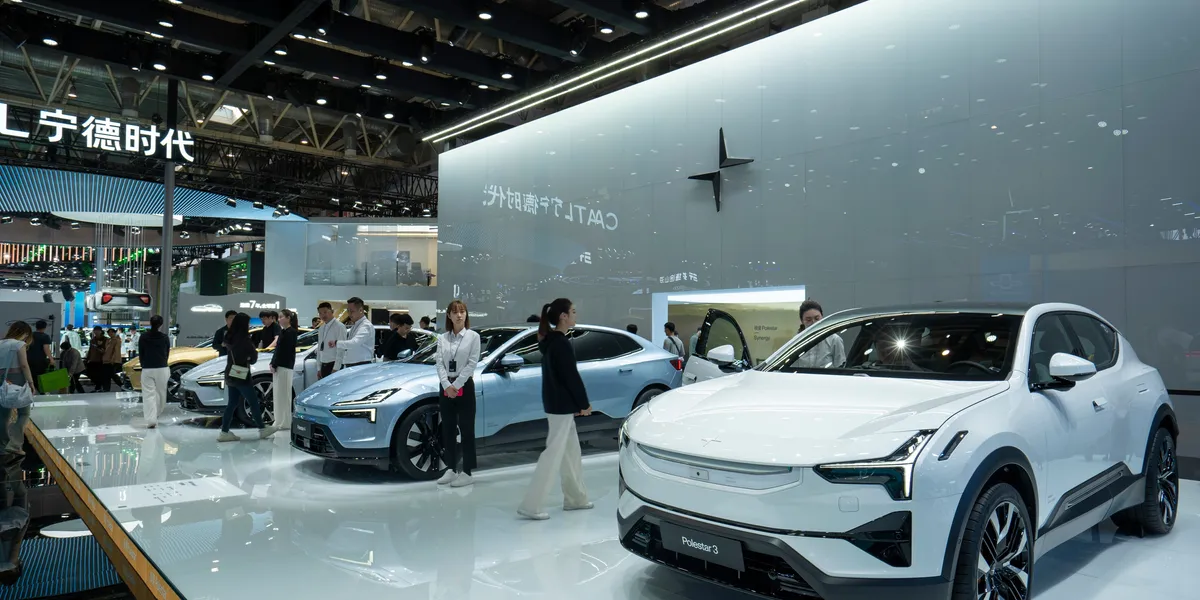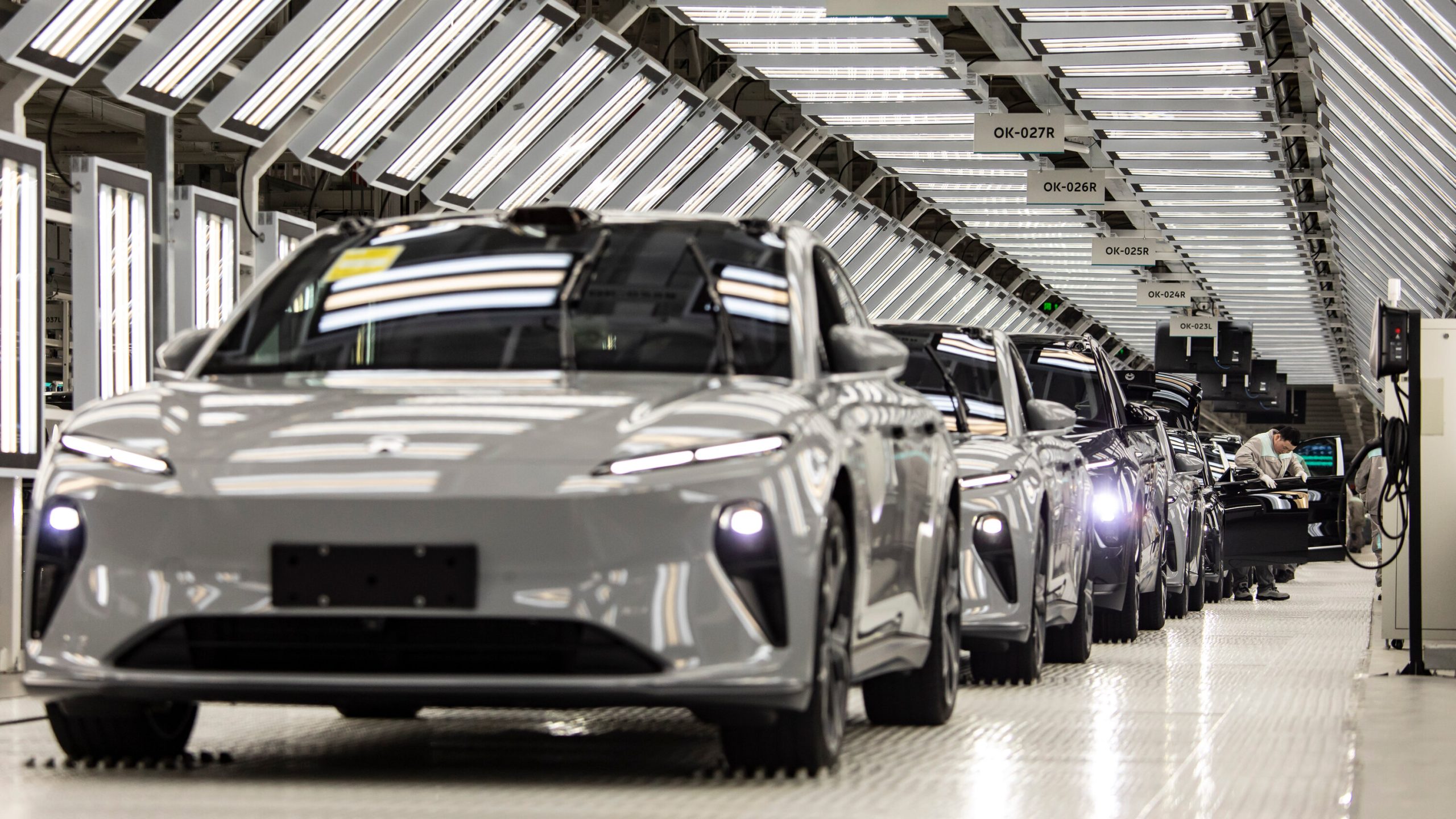The Biden administration is finalizing new regulations that will effectively block almost all Chinese cars and trucks from entering the U.S. market. This move is part of a broader effort to restrict Chinese vehicle software and hardware due to national security concerns. The decision follows previous tariff hikes on Chinese electric vehicle imports and a potential ban on Chinese-made drones. Commerce Secretary Gina Raimondo emphasized the importance of these measures, citing risks associated with allowing a large number of Chinese vehicles on U.S. roads.
Restrictions on Software and Hardware
In September, the Commerce Department proposed sweeping restrictions on Chinese software and hardware in connected vehicles. The software bans will take effect in the 2027 model year, while hardware restrictions will begin in 2029. Additionally, the new rules prohibit Chinese car companies from testing self-driving cars on U.S. roads. The regulations also apply to Russian vehicles and components, demonstrating a broader effort to limit foreign technological influence in critical industries.

The final rules include some exemptions, such as excluding vehicles weighing over 10,000 pounds. This exemption allows China’s BYD to continue assembling electric buses in California. However, the Commerce Department plans to introduce further restrictions on Chinese software and hardware in larger commercial vehicles, such as trucks and buses. The implementation of these additional measures will ultimately be determined by the incoming Trump administration, which takes office on January 20.
Impact on Automakers
A notable shift in the policy is that Chinese software developed before the new rules take effect may still be used, provided it is not maintained by a Chinese firm. This change could allow automakers like General Motors and Ford to continue importing certain Chinese-made vehicles. Despite this, industry groups, including the Alliance for Automotive Innovation, sought an extra year to comply with the new hardware requirements but were unsuccessful. Swedish automaker Polestar, owned by China’s Geely, previously warned that these restrictions could effectively bar its vehicles from the U.S. market unless granted specific authorization.
The Biden administration has already imposed steep tariffs on Chinese electric vehicle imports and placed Chinese battery giant CATL on a list of firms accused of aiding China’s military. President-elect Donald Trump has expressed his opposition to Chinese auto imports but is open to allowing Chinese automakers to manufacture vehicles within the U.S. This suggests that while restrictions on Chinese vehicles will continue, there may be negotiations for Chinese companies to establish production facilities in the U.S. to bypass these bans.

